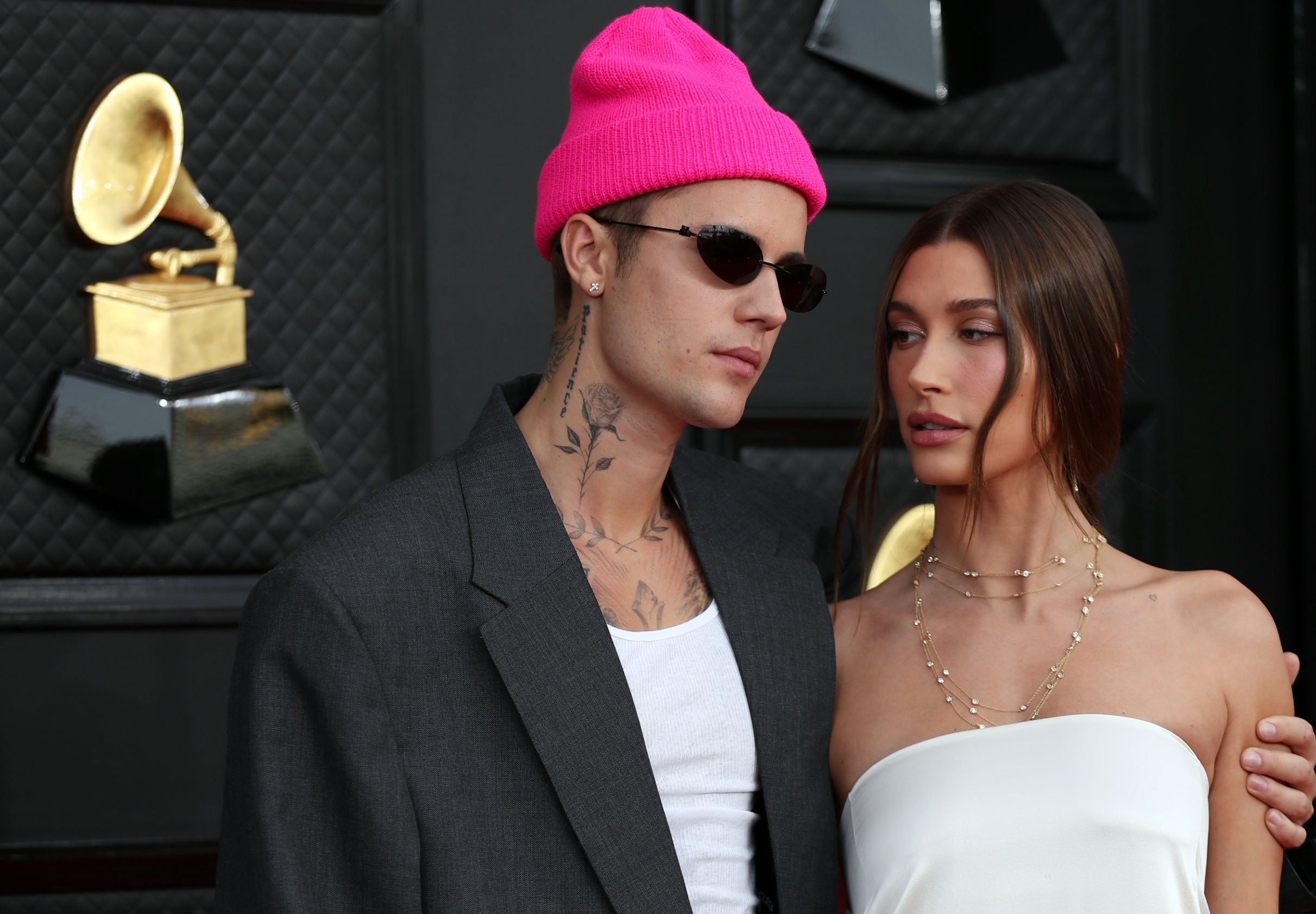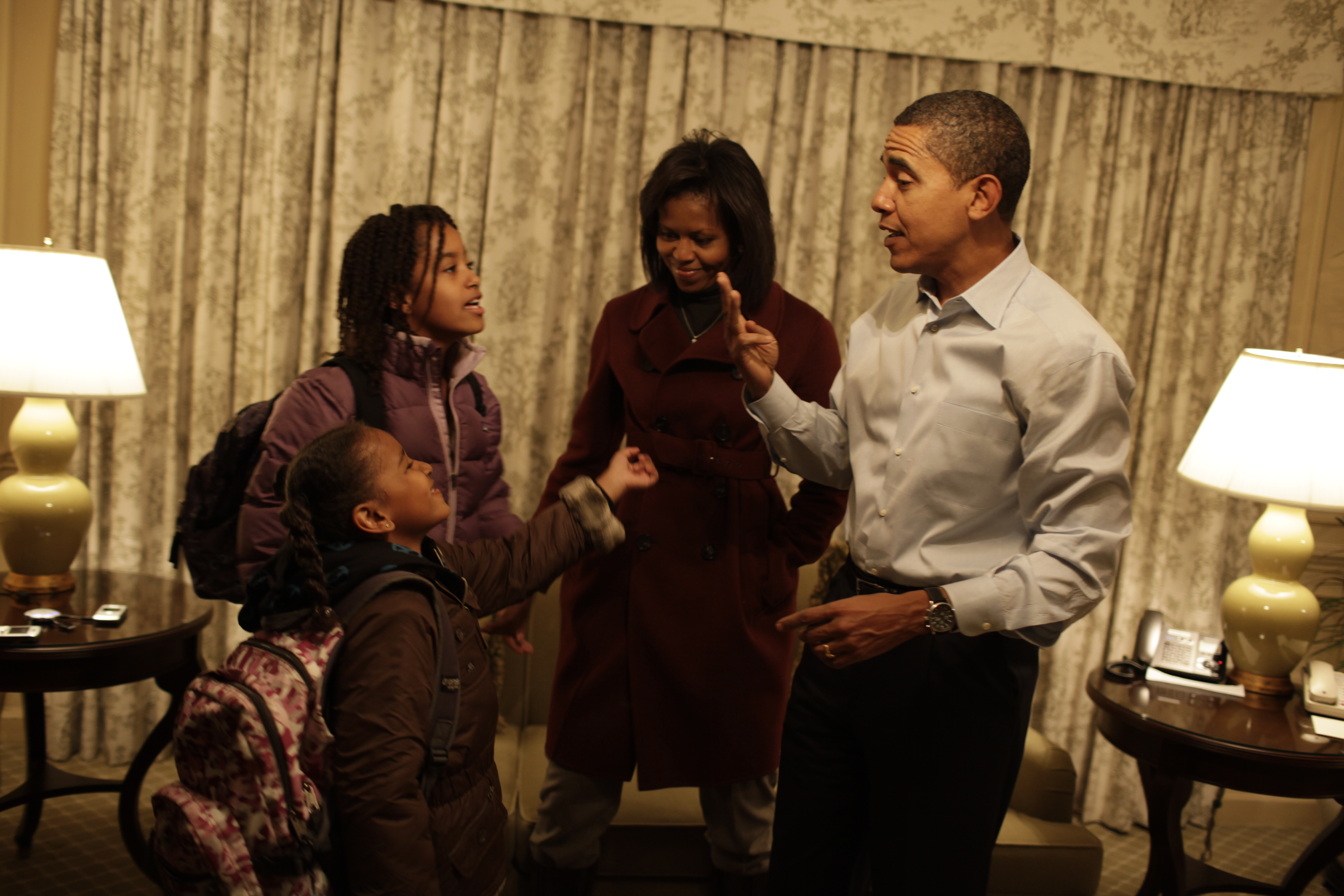
The lives of presidential children are often imagined as gilded cages, brimming with privilege and opportunity, seemingly shielded from the world’s harsher realities. For Sasha and Malia Obama, daughters of former President Barack Obama and First Lady Michelle Obama, their formative years were undoubtedly extraordinary. Yet, they were far from untouched by hardship. Thrust onto the national stage at tender ages, these two young women navigated a unique path that brought unforeseen tragedies and persistent scrutiny, proving even protected lives can harbor profound challenges.
From life-threatening health scares in infancy to enduring relentless media attacks and personal safety incidents, Sasha and Malia have faced a torrent of experiences most children, and even many adults, could scarcely imagine. Their journey serves as a poignant reminder that behind the veneer of political prominence lies a deeply human story. It’s one marked by resilience, vulnerability, and an unwavering commitment to forging their own identities. This in-depth look explores some of the most tragic and demanding details about their lives, revealing the often-unseen burdens carried by America’s former first daughters.

1. **Sasha’s Life-Threatening Meningitis at 3 Months Old**One of the earliest and most terrifying challenges for the Obama family emerged when Sasha, born in June 2001, was just an infant. At only three months old, the youngest Obama daughter contracted meningitis, a severe infection that can be fatal if not treated urgently. This ordeal cast a long shadow over the family’s early years, highlighting life’s fragility even before the whirlwind of national politics began.
Michelle Obama, in a candid 2013 radio interview, recounted the harrowing experience, emphasizing the suddenness and severity. She described Sasha’s rapid decline from a “normal, happy” baby to “crying inconsolably,” a crucial sign. Michelle’s quick thinking and decision to call their doctor proved critical, underscoring parental instinct’s importance.
Michelle Obama explicitly stated the devastating potential outcome: “If we had waited overnight, if we had postponed acting, there’s no telling what the outcome would’ve been.” This chilling reflection shows the razor-thin margin between recovery and tragedy. Barack Obama later described Sasha’s health battle as the most difficult time in his life, recalling the pain of her spinal tap.
He spoke movingly about the medical professionals who helped, acknowledging the “terrific job” by doctors and commending nurses. He noted they were there during painful procedures that were “just bringing me to tears.” Thankfully, Sasha made a full recovery. This memory undoubtedly remained a stark reminder of life’s preciousness and unexpected trials.

2. **Sasha and Malia’s Exposure to Harsh Public Criticism as Young Children**Even before their father’s presidency concluded, Sasha and Malia, very young during their White House tenure, faced astonishing and often unwarranted public criticism. This scrutiny was particularly distressing given their tender ages, highlighting the cruel realities of life under an intense media spotlight. They bore the burden of impossible standards, proving difficult for any child.
One infamous instance involved Elizabeth Lauten, a former Republican communications director, launching a scathing attack in a 2014 Facebook post. Directed at the sisters, Lauten wrote, “I get you’re both in those awful teen years, but you’re a part of the First Family, try showing a little class.” Such comments, from an adult in influence, were widely condemned.
Public backlash against Lauten was swift, forcing her resignation, a testament to the understanding that children should be off-limits. However, this wasn’t isolated. In 2015, The Brown Daily Herald apologized to Malia for “not-so-complimentary tweets” after her university visit. This pattern showed a disturbing trend of media dissecting private moments.
Numerous outlets later apologized, acknowledging the unfair way the Obama daughters were treated. This constant barrage of judgment, even on minor actions, threatened normal childhood development. It was a tragic reality these young girls navigated an unprecedented level of public scrutiny, far beyond what any child should endure.

3. **Sasha Becoming the Victim of a Horrifying Online Death Hoax**In 2017, just as the Obamas transitioned from the White House, Sasha became the target of an utterly horrific online death hoax. This malicious fabrication spread rapidly, falsely claiming she had been murdered in an organized drive-by shooting. The nature of the hoax, particularly its graphic detail, must have been profoundly distressing for Sasha and her family, showcasing the darker side of internet misinformation.
The fake report, published by News Bible Report, went to extreme lengths to lend credibility. It provided a lurid account, alleging the then 16-year-old Sasha had been shot and killed alongside a security guard. The report even included specific, yet false, details about the vehicle, police pursuit, and purported arrests.
Such a meticulously crafted lie, designed to shock and spread fear, undoubtedly caused immense anxiety among anyone who encountered it. The speed of these fabricated stories highlights a modern tragic detail of public life: the weaponization of misinformation to cause distress and damage.
Fortunately, the claims were quickly and definitively debunked by Snopes, confirming the story was a cruel fabrication. While the Obamas didn’t publicly respond, the emotional toll of such a horrifying narrative circulating about a beloved teenager is immeasurable. It serves as a stark reminder of public figures’ vulnerability to malicious online intentions.
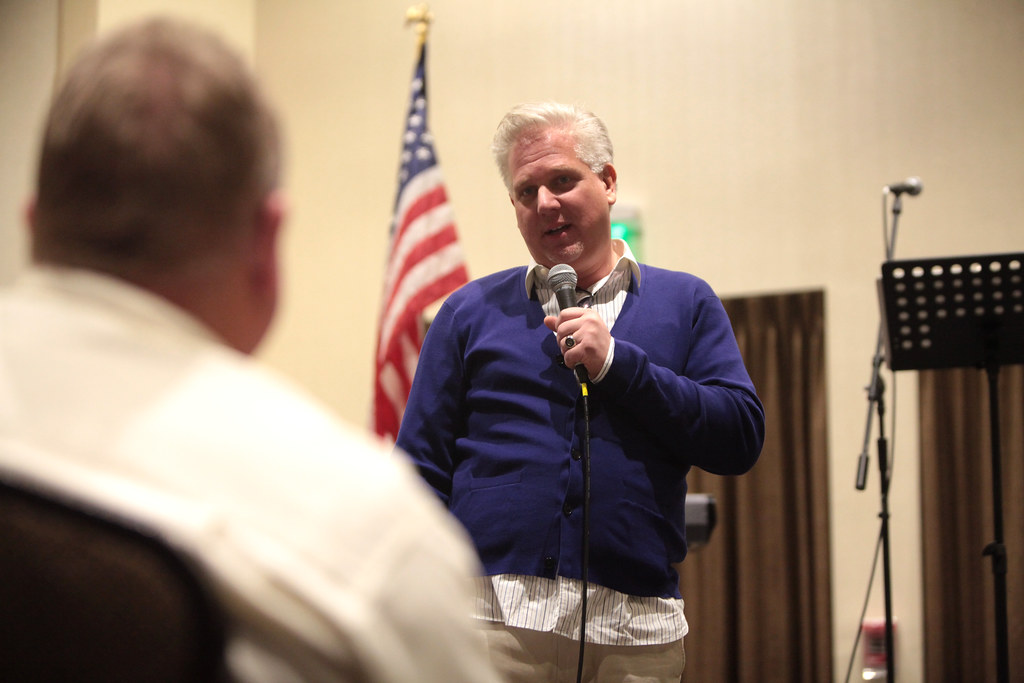
4. **Malia’s Early Attack by Glenn Beck, Facing Creepy and Infantilized Impersonation**The intense media scrutiny on the Obama family reached disturbing lows for Malia just two years into her father’s first term. At age 10, soon to turn 12, Malia became the target of a particularly unsettling attack by then-Fox News anchor Glenn Beck. This incident tragically exemplified political commentators crossing ethical lines, using children as proxies.
The controversy erupted in 2010, stemming from an innocuous anecdote Barack Obama shared about the Deepwater Horizon oil spill. The President recounted Malia asking, “‘Did you plug the hole yet, daddy?'” What should have been a charming moment was distorted and weaponized by Beck, who responded with disproportionate ire and mockery.
Beck’s reaction was inappropriate and deeply disturbing. He launched into a rant, including a “creepy and infantilized” impersonation of Malia’s voice to ridicule a young girl. He then attacked both sisters, questioning their “level of education” and making offensive quips about Malia asking if her father “hated Black people.”
The widespread backlash against Beck was immediate, condemning his targeting of a child. He eventually apologized, admitting it “was a stupid mistake and I apologize and as a dad I should have known better.” This incident underscored the immense pressure and lack of protection afforded to presidential children, even from public figures.
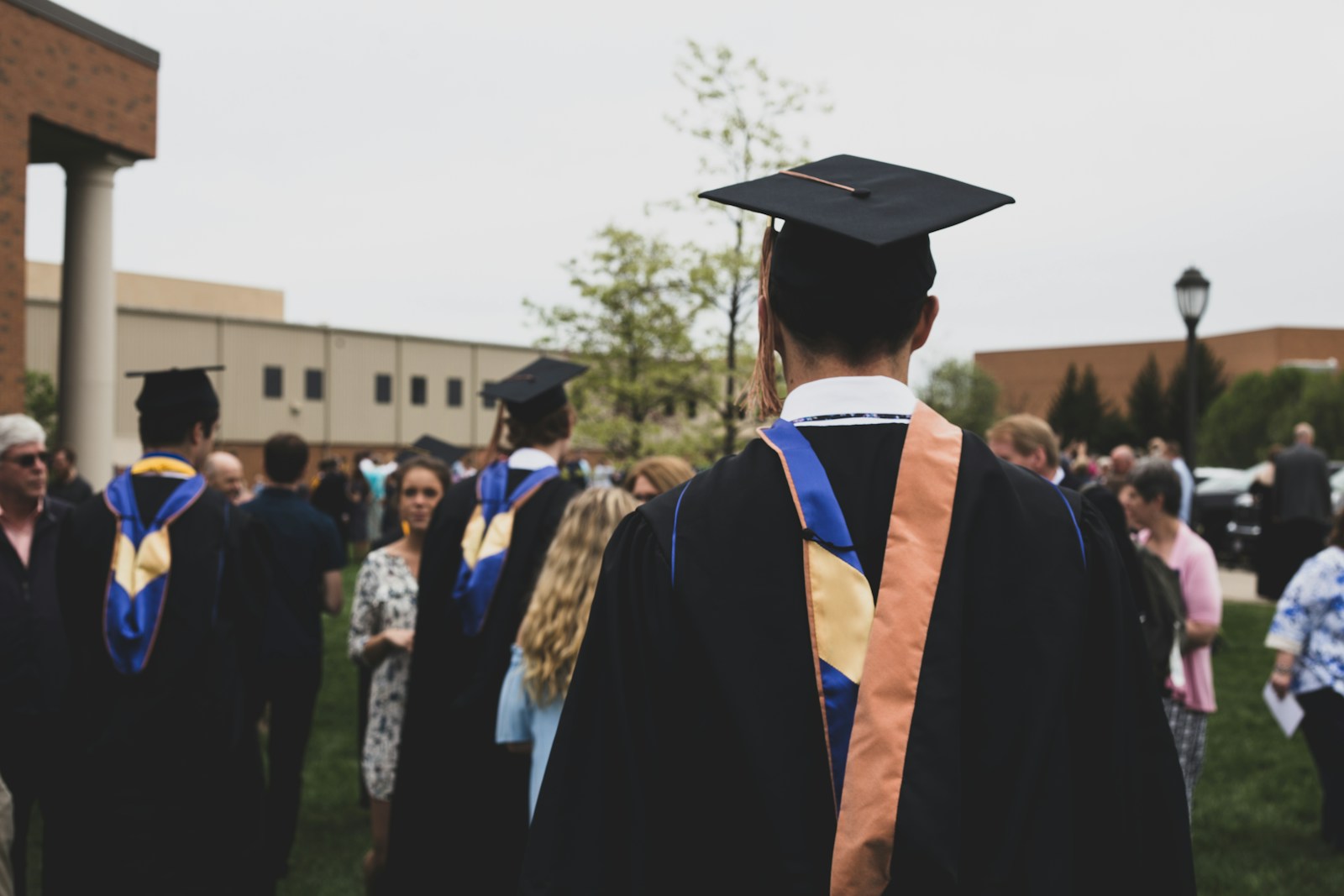
5. **Malia’s College Tour Scrutiny, Including the Infamous “Beer Pong” Incident**As Malia Obama approached college, public fascination reached new heights, transforming a standard rite of passage into a front-page spectacle. Her 2015 college tour, particularly a visit to Brown University, exemplifies the intense, unfair scrutiny placed upon her. What for any other teenager would be a discreet exploration turned into a national news event, punctuated by an infamous “beer pong” incident.
Pictures of Malia at Brown University circulated widely, sparking fresh public discussion and judgment. One image, showing Malia next to what appeared to be a beer pong table, quickly fueled speculation and sensationalized reports. Despite no official verification of her playing, students who posted on X (then Twitter) claimed she had, adding fuel to the narrative.
Much of the immediate reaction leaned towards sympathy for Malia, acknowledging the unfairness. Remarkably, The Brown Daily Herald editors even issued a public apology, “Sorry, Malia Obama.” They noted students posting hadn’t anticipated their content reaching beyond immediate followers, driven by excitement at her presence.
The editorial lamented Malia’s inability to “enjoy herself at a party without several news headlines.” They concluded public attention likely made her uncomfortable pursuing an education there, a sentiment potentially proven by her choice of Harvard. This episode tragically illustrated the impossibility of “normal” experiences when every casual moment faces public dissection.
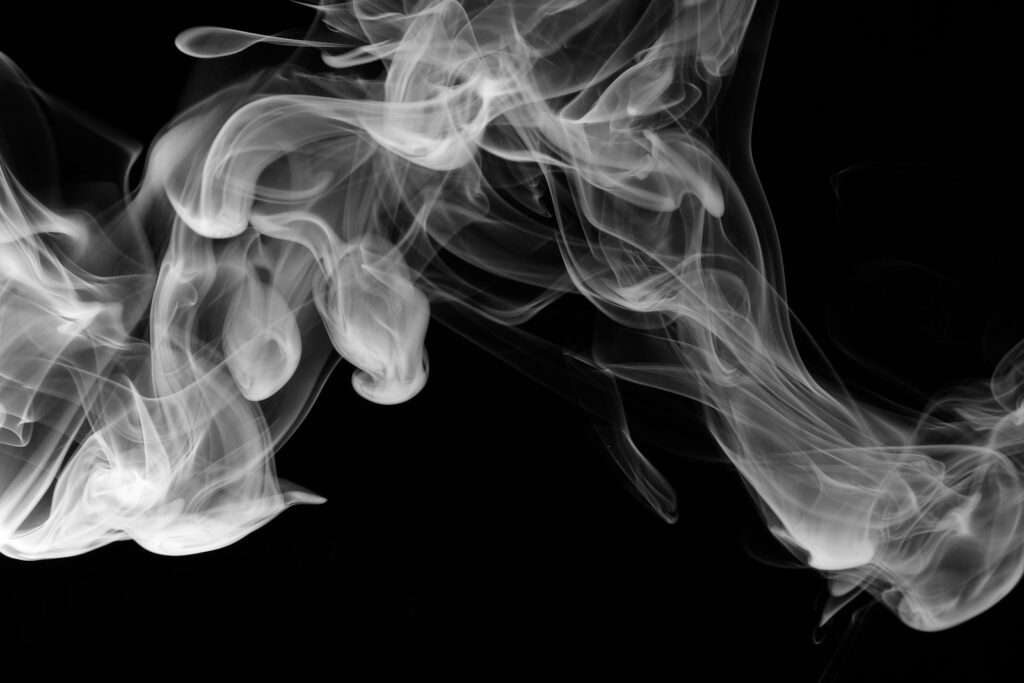
6. **Malia Facing Public Accusations of Marijuana Use at Lollapalooza**A year after the Brown University incident, Malia Obama was again at the center of public controversy, facing accusations of marijuana use at Lollapalooza. A viral video amplified scrutiny on the then-first daughter, fueling judgment. This situation painfully illustrated the relentless public observation and difficulty of maintaining privacy.
The widely circulated video showed Malia smoking something, leading to immediate public assumptions. While never officially verified as marijuana, a source sensationally told Radar they could smell it, cementing the narrative. This incident reignited debates about a presidential child’s behavior and the double standards they face compared to peers.
Some outlets linked Malia’s actions to perceived misaligned priorities, suggesting she should have been at the Democratic National Convention. This exemplified constant pressure on the Obama daughters to conform to an idealized image, rather than enjoying typical adolescent freedoms. Every choice, no matter how personal, was subject to political interpretation.
Adding to controversy, a month later another photo circulated showing Malia in a room with a bong. This image intensified accusations, with a supposed “friend” allegedly claiming Malia had used it and needed “professional help.” Thankfully, these dramatic claims led to nothing. Yet, the public airing of such personal, unverified allegations represented a significant, tragic invasion of privacy.
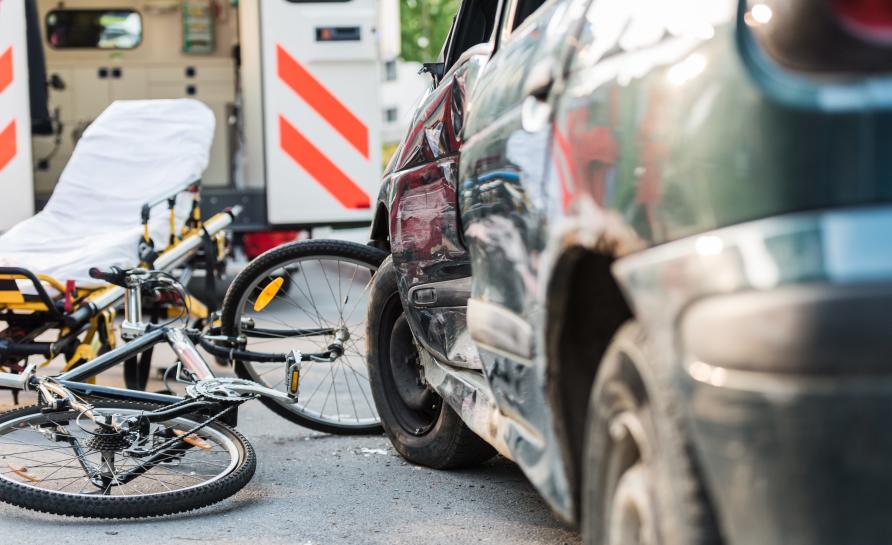
7. **Sasha’s Alarming Car Accident, Being ‘T-boned’ on the Road**Even after leaving the White House and striving for normalcy, the Obama daughters faced unexpected challenges and genuine dangers. Michelle Obama recently shared on Kylie Kelce’s podcast that Sasha was involved in a serious car accident, being “T-boned.” This incident reminds us that despite their unique upbringing, they aren’t immune to everyday perils.
Michelle, committed to ensuring her daughters experienced a normal childhood, insisted they learn to drive independently. She explained, “Once they got their licenses, I told the agents, ‘They have to drive,’ because you can only learn to drive by driving.'” This decision, while promoting normalcy, also exposed them to inherent driving risks.
The former First Lady recounted receiving a terrifying phone call: Sasha had been in an accident, her car “T-boned.” She vividly recalled, “Literally, her car was totaled, some lady T-boned her.” The immediate fear any parent would feel upon hearing such news was palpable in Michelle’s recounting.
Thankfully, Sasha was okay. Michelle even joked, “Oo I hope the lady that hit her is okay,’ because can you imagine if you T-Boned Sasha Obama!'” This anecdote highlights their peculiar blend of public and private life. Even a common accident carries an extraordinary context, underscoring hidden anxieties and real dangers.

8. **Malia’s Cinematic Ambitions Met with “Nepo Baby” Backlash and Critical Reviews**Malia Obama’s efforts to forge an independent career in the notoriously competitive film industry have been met with a unique brand of scrutiny, often overshadowing her talent and dedication. Despite her deliberate attempts to distance herself from her prominent family name by adopting “Malia Ann” professionally, the shadow of her parentage has loomed large, making her a lightning rod for the “nepo baby” discourse that permeates Hollywood discussions. This persistent public judgment highlights the difficult tightrope presidential children walk, where even legitimate aspirations can be undermined by assumptions of privilege.
Her initial forays into filmmaking, including her directorial debut, a short film titled “The Heart,” were presented at the prestigious Sundance Film Festival. This was a significant achievement for any aspiring filmmaker, yet public reception was mixed at best. Social media, particularly platforms like X (formerly Twitter), quickly became a forum for detractors to claim nepotism. “Obama’s daughter trying to sneak past Nepo baby discourse by not using her last name. Bro you are Obama’s [daughter],” one person wrote, while another declared, “Malia Obama will only EVER be a Nepo Baby.” These sentiments underscore the uphill battle Malia faces in having her work judged purely on its merit, free from the context of her famous lineage.
Adding to the professional hurdles, “The Heart” itself did not escape critical assessment, receiving less-than-stellar reviews. On IMDb, the movie earned a modest score of 5.3 out of 10, with a notable portion—more than 39% of reviews—assigning it merely one star out of five. This blend of public cynicism and critical lukewarmness presents a challenging environment for Malia as she endeavors to establish her creative voice. It suggests that even with unparalleled access and opportunities, the path to independent success is fraught with a unique set of obstacles for those born into the public eye.
The intense focus on Malia’s background rather than her creative output creates a significant personal and professional challenge. It casts a shadow over her genuine ambition and hard work, forcing her to constantly prove her worth against a backdrop of preconceived notions. This struggle for recognition based on individual merit, rather than family ties, is a poignant element of her journey post-White House, as she strives to carve out an identity distinct from her presidential legacy.
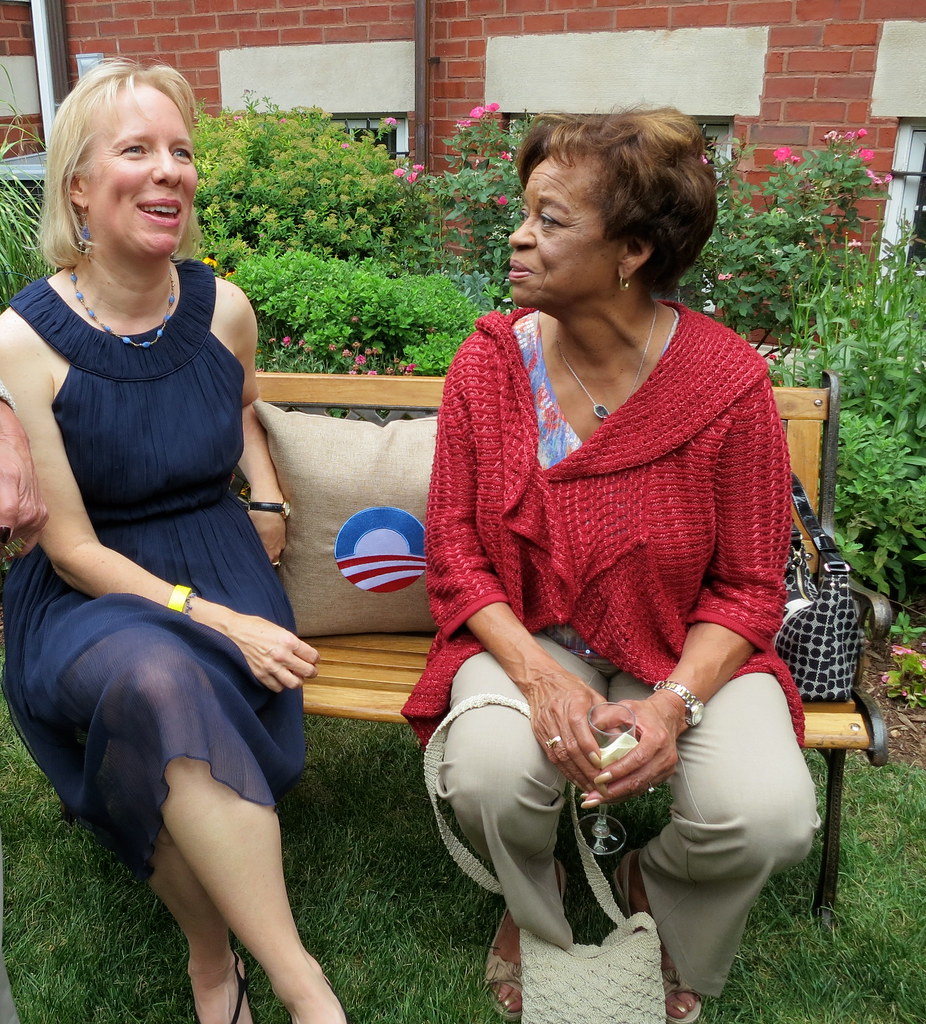
9. **The Profound Loss of Their Beloved Grandmother, Marian Robinson**In May 2024, the Obama family endured a profound personal loss with the passing of Michelle Obama’s mother, Marian Robinson, at the age of 86. For Sasha and Malia, their grandmother was far more than a relative; she was a constant, stabilizing presence and an anchor during their most unconventional years. Her decision to move into the White House with the family after Barack Obama’s election was a testament to her dedication, offering a crucial sense of normalcy and support amid the unprecedented pressures of the presidency.
Marian Robinson, affectionately known as “Grandma” by many, truly relished her role in her granddaughters’ lives. She immersed herself in their upbringing, attending school plays and sports games, and always being available to answer their questions, fostering a deep and loving bond. In a touching 2012 interview with Essence, she shared, “One of my biggest blessings is getting to see my granddaughters grow up before my eyes. I go to all their school plays and sports games; I’ll answer their questions.” Her presence allowed Malia and Sasha to experience a more grounded childhood, providing a buffer against the isolating effects of their public life.
Michelle Obama’s tribute following her mother’s death beautifully encapsulated the family’s reliance on her. Posted on Instagram on behalf of the entire family, the tribute highlighted Robinson’s integral role: “We needed her. The girls needed her. And she ended up being our rock through it all. She relished her role as grandmother to Malia and Sasha.” This poignant acknowledgment underscores the immense void her absence left, not just for Michelle, but for Sasha and Malia, who had grown up under her watchful and loving eye, making her loss a deeply felt tragedy for the former first daughters.
The death of Marian Robinson represents a significant personal tragedy for Sasha and Malia, emphasizing that even after leaving the White House, the experiences of loss and grief are universal, yet perhaps more acutely felt when shared under a public lens. Her legacy as a devoted grandmother, who prioritized her family’s well-being above all else, remains a cornerstone of the Obama family’s story, and her absence marks a poignant chapter in the lives of the two sisters.
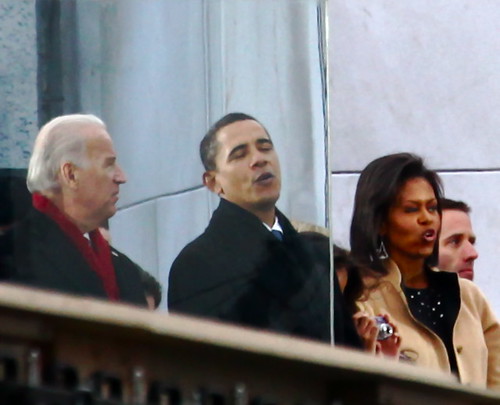
10. **Malia’s Unpaid Internship and Troubling Association with Harvey Weinstein**Malia Obama’s early career ventures in the film industry, aimed at gaining hands-on experience, took an unexpected and unfortunate turn with her internship at The Weinstein Company in early 2017. While the opportunity itself was a testament to her ambition and a valuable step towards her filmmaking aspirations, it became tragically entwined with one of Hollywood’s most scandalous downfalls: the Harvey Weinstein sexual abuse allegations that erupted later that year. This unforeseen association brought a new, deeply unsettling dimension to her professional journey.
Malia’s role was confirmed by TMZ as a script reader on the production team, a foundational position for anyone entering the industry. However, just months after her internship concluded, the Weinstein scandal broke, revealing widespread allegations of misconduct against the film mogul. The subsequent implosion of The Weinstein Company, including Weinstein’s firing, resignation, and the company’s eventual bankruptcy, created a chaotic and ethically compromised environment. This placed Malia, by mere association and timing, in proximity to a deeply troubling public narrative, a tragic circumstance for a young woman striving for a legitimate start.
A report from Deadline later revealed another unfortunate consequence: Malia was among a list of individuals who had not been paid by the now-bankrupt company. While the amount owed to an intern would likely not have been substantial compared to other high-profile figures like Robert De Niro or Michael Bay, the principle of the matter was significant. Barack and Michelle Obama have consistently emphasized their daughters’ need to work hard and earn their way, without relying on their family name. Michelle, for instance, shared on “Sibling Revelry with Kate Hudson and Oliver Hudson” that both Malia and Sasha wanted to establish themselves without “cashing in on their family name.”
Therefore, not only was Malia denied the compensation for her labor, but her initial steps into the industry were marred by a highly publicized scandal and an association with a disgraced figure. This confluence of events was undoubtedly frustrating for Malia, who sought to prove her capabilities independently. It stands as a stark reminder of the unpredictable and often unfair challenges that can unexpectedly derail or complicate the career paths of even the most well-intentioned young individuals.
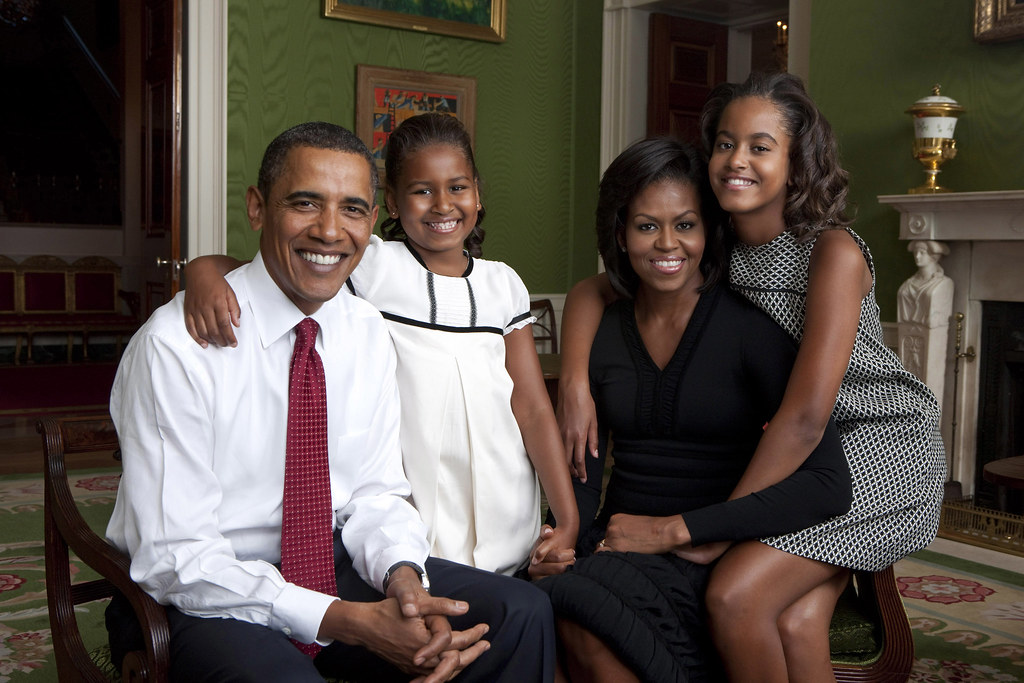
11. **The Persistent “Nepo Baby” Label Despite Extensive Efforts**Despite Malia Obama’s consistent and prolonged efforts to build a career in the film and television industry through multiple internships and professional roles, she has continually faced the “nepo baby” label. This pervasive accusation, suggesting her opportunities stem solely from her parents’ fame rather than her own merit, is a persistent source of public judgment and a significant hurdle to establishing her independent identity. Even before her high-profile internships with The Weinstein Company, Malia gained experience working on the HBO series “Girls” while still in high school, demonstrating a long-standing commitment to her chosen field.
The public’s perception, however, often disregards this dedication. While it’s acknowledged that her parents’ positions may have opened doors — an insider for Us Weekly noted that Malia met Lena Dunham, creator of “Girls,” while at the White House — both Barack and Michelle Obama have vigorously instilled a strong work ethic in their daughters. Prior to the 2008 election, Barack stated his chief goal was to keep his children grounded, preventing them from feeling superior due to his candidacy. Michelle echoed this, explaining that after special attention, she would “get them back into normalcy” to ensure “this isn’t life.”
Their parents’ emphasis on humility and hard work has clearly resonated with Malia and Sasha. Michelle Obama shared on “Sibling Revelry with Kate Hudson and Oliver Hudson” that her daughters are “very sensitive” to assumptions that “they don’t work hard.” This sensitivity underscores the emotional toll of the “nepo baby” discourse, as it directly contradicts the values and efforts instilled in them from childhood. It forces Malia into a perpetual state of justification, where every professional achievement is viewed through the lens of her lineage rather than her individual talent.
The tragic irony is that while Malia actively seeks to define her own professional path, the very public status of her family makes it nearly impossible to escape the “nepo baby” narrative. This ongoing challenge reveals the societal difficulty in separating the individual achievements of public figures’ children from their inherited privilege, making the pursuit of an independent career an enduring struggle against entrenched perceptions and external judgments.
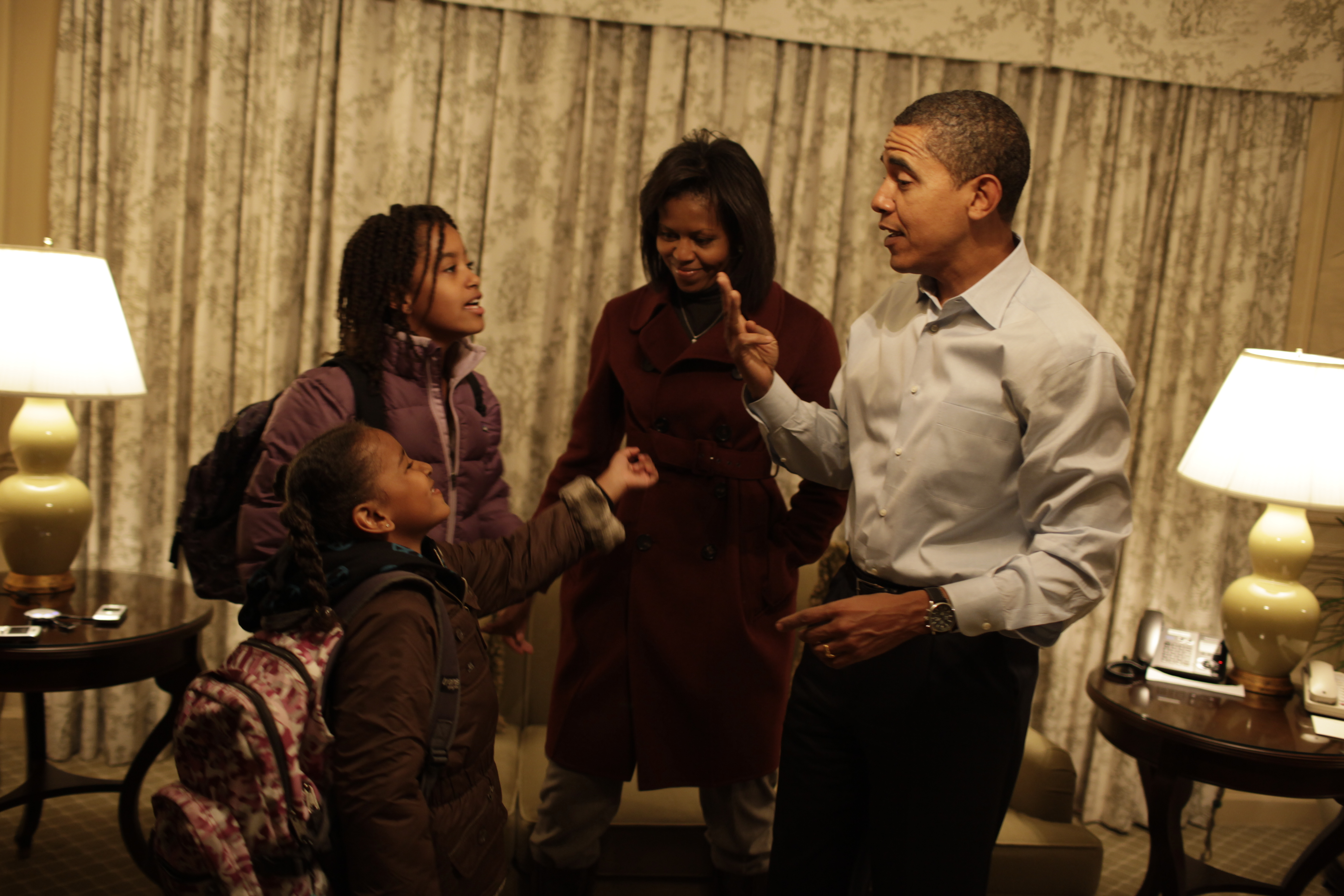
12. **Malia’s Attempt to Use a Professional Pseudonym and its Limited Impact**In a direct response to the mounting “nepo baby” accusations and her palpable desire to forge an identity distinct from her presidential lineage, Malia Obama made the conscious decision to use a different name in her professional work. She is now billed as “Malia Ann” in the productions she works on, a clear attempt to allow her creative output to speak for itself, unburdened by the weight of the Obama surname. This strategic move highlights her commitment to carving out an independent path and her frustration with the constant public scrutiny.
Despite this thoughtful effort to establish a professional pseudonym, the impact on public perception has been, regrettably, limited. The media and the public quickly caught on, and the “Malia Ann” billing did little to quiet the “nepo baby” discourse. Even seasoned entertainment figures like Whoopi Goldberg felt compelled to come to Malia’s defense, reminding critics that many Hollywood personalities adopt stage names, underscoring the unfairness of the continued targeting. This situation demonstrates the tragic difficulty Malia faces in controlling her own narrative, even when taking proactive steps.
Both her parents have acknowledged and respected Malia’s decision. Barack Obama, in an episode of “The Pivot Podcast,” recounted his conversation with her: “I was all like, ‘You do know they’ll know who you are, right?’ And she’s all like, ‘You know what, I want them to watch it that first time and not in any way have that association.'” Michelle Obama echoed this sentiment on “Sibling Revelry with Kate Hudson and Oliver Hudson,” stating, “Her first project, she took off her last name, and we were like, ‘They’re still going to know it’s you, Malia,’ but we respected the fact that she’s trying to make her way.”
The fact that Malia’s earnest attempt to operate under a professional name has largely failed to shift public opinion reveals the immense and often unfair burden she carries. It speaks to the relentless nature of public judgment and the almost insurmountable challenge of escaping one’s birthright when that birthright is tied to the most powerful office in the world. This ongoing struggle for self-definition, even through a simple name change, remains a poignant and tragic aspect of her post-White House life.

13. **The Tragic Drowning of the Family’s Beloved Private Chef, Tafari Campbell**In a deeply personal and unexpected tragedy that deeply affected the Obama family, their beloved private chef, Tafari Campbell, passed away in a drowning accident in July 2023. This profound loss occurred while the family was on Martha’s Vineyard, a place of retreat for them, bringing a sudden and heartbreaking end to a relationship that spanned over a decade and extended beyond professional bounds. His death underscored the fragility of life and the deep emotional connections forged even within the unique ecosystem of a presidential family’s household.
Campbell, 45, tragically drowned in Great Edgartown Pond, a body of water adjacent to the Obamas’ luxury property. While generally calm, the pond can be deceptively challenging. Despite being a competent swimmer, details surrounding his death remained unclear, adding to the distress of the incident. Malia and Sasha, who were spotted flying off Martha’s Vineyard shortly after the news, maintained a low profile, undoubtedly processing the immense grief that comes with such a sudden loss of a close family associate.
Tafari Campbell had been an integral part of the Obama family’s life for 14 years, beginning his service in the White House kitchen and continuing privately after their departure. He was not merely an employee but, as Barack and Michelle Obama articulated in a heartfelt statement, a “beloved” member of their family. Michelle had famously hired him away from the White House to join them privately, a testament to his skill, character, and the bond he shared with them. His wife, Sherise, posted a heart-wrenching message on Instagram, sharing, “My heart is broken. My life and our family’s life is forever changed. Please pray for me and our families as I deal with the loss of my husband.”
The tragic death of Tafari Campbell cast a somber shadow over the Obamas’ private life, revealing the deep personal connections that can form between public figures and those who serve them intimately. For Sasha and Malia, who had known Campbell for the majority of their lives, his loss represents a significant and unexpected personal tragedy, a poignant reminder that even amidst their privileged lives, they are not immune to the universal pain of grief and loss that profoundly impacts a family unit.
The journey of Sasha and Malia Obama, from the tender age of White House residents to young adults striving for independent lives, is a powerful narrative of resilience amidst extraordinary circumstances. Their experiences, marked by health scares, relentless public scrutiny, and deeply personal losses, offer a compelling glimpse into the often-unseen burdens carried by those born into such prominence. Far from being shielded by privilege, these young women have navigated a path fraught with challenges, continually seeking to define themselves beyond the expectations and judgments of the world. Their story is a testament to the enduring human spirit, a reminder that even in the most public of lives, the pursuit of personal identity and peace remains a profound and ongoing endeavor.



